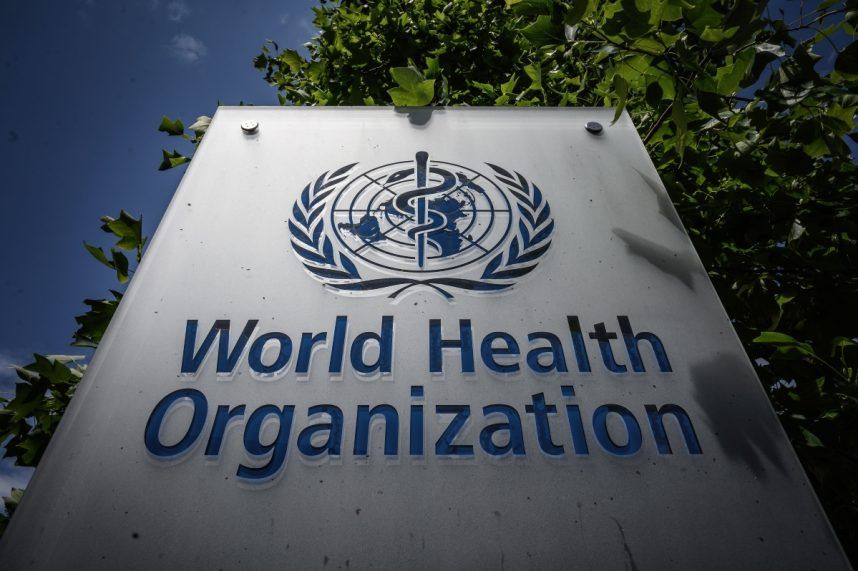Published on: December 4, 2024, 10:55h.
Last updated on: December 4, 2024, 11:02h.
The World Health Organization (WHO) is urging for a revamp of the global gaming sector due to concerns about the normalization of sports betting and other forms of casino gaming impacting public health negatively.

WHO, the specialized agency of the United Nations tasked with improving public health around the world, recently released its latest fact sheet on gambling. The report indicates a rise in gambling-related problems causing more harm than ever before.
WHO estimates that 1.2% of the adult population worldwide has a gambling disorder. Each affected individual impacts an average of six others, particularly in kinship cultures such as Indigenous communities.
Individuals with gambling issues are 15 times more likely to commit suicide compared to the general population. Additionally, gaming addictions can lead to food insecurity, housing difficulties, and challenges in accessing healthcare.
Emerging Concerns
WHO researchers emphasize that the widespread expansion of sports betting, particularly in the US, has normalized gambling and introduced millions of new consumers to the industry. The internet has further facilitated easy access to gambling, even in regions where it is restricted.
The organization points out that existing responsible gaming standards have not been effective in curbing harm.
There is a lack of transparency in many gambling products, with electronic gaming machines designed to encourage prolonged use. In addition to stringent regulation, clear warning messages about the risks associated with gambling are deemed more effective than simply advising individuals to stop when it ceases to be enjoyable,” the fact sheet revealed.
WHO particularly raises concerns about the surge of online gambling.
“There is no universal agreement on regulating online gambling. Unlicensed providers frequently offer unregulated gambling products, underlining the urgent need for online gambling regulation,” the organization stated.
WHO is also urging lawmakers to ban all gambling-related advertising, promotion, and sponsorship. The agency advocates for universal loss limits, maximum bets, and mandatory breaks during gambling sessions.
WHO advises a comprehensive examination of the political influence of the gaming industry on gambling harm research.
In response to an international study highlighting the growing threat of gambling expansion on public health, the American Gaming Association (AGA) vowed to continue advancing responsible gaming, enhancing consumer resources, and promoting safer gambling. AGA Strategic Communications Senior Vice President Joe Maloney expressed strong support for ongoing discussions and adoption of best practices.
Combatting Stigmas
WHO concluded that unlike other addictions and mental health issues, problem gambling has a low rate of individuals seeking treatment. Less than 1% of those with a gambling disorder reportedly seek formal help.
Stigma and shame often deter individuals from seeking help. The gambling industry’s preferred approach of responsible gaming can further stigmatize those experiencing harm,” WHO highlighted.
To address public health challenges related to gambling, WHO plans to assemble a group of global experts. The focus will be on reducing stigmas associated with gambling disorders, ending gambling advertising and promotion, and implementing strategies to lower problem gambling rates, especially in low- and middle-income countries.


